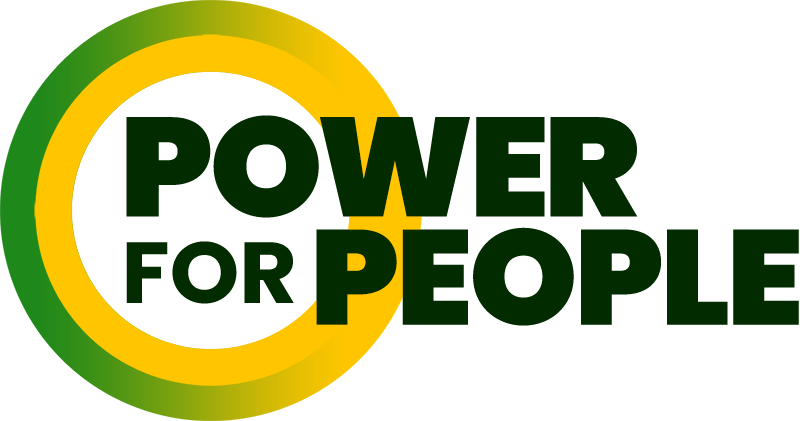Community Energy Groups: The Struggling Heroes of the Zero-Carbon Transition
Image courtesy of Birmingham City Council
Why a transition to clean energy needs the Local Electricity Bill
The Local Electricity Bill, which promises cheaper, cleaner and community based electricity supply, is gaining increasing support. By enabling small-scale renewable energy generators to sell their energy directly to local people, the Bill - if made law - will create a more democratic and decentralised energy system.
A growing group of major national organisations, including WWF, Client Earth and the RSPB, are behind this vision and we are more confident than ever that the new law we are suggesting is sorely needed and will have transformative effects.
If our campaign for the Bill succeeds, it would mean that you could buy clean electricity directly from your local community provider. The bills you pay each month would be going straight into your local economy, providing local jobs and creating more resilient communities. Wouldn’t that feel good?
Currently, regulations governing the energy market are blocking this from happening. We’ve been reaching out to community energy groups about their experiences as small-scale renewable energy generators to illustrate how the Bill can break down the barriers to a local green transition. Here’s what we’ve been learning:
These are very hostile times
2015 saw the introduction of tight planning laws and the removal of financial channels that used to help small-scale generators enter the energy market. This has led to many cancelled projects and mass stagnation of growth in renewables:
“Everything we do in community energy is a fight,” summed up by Gill Fenna, Burnside Community Energy.
A report by the Environmental Audit Committee last year found that investment in clean energy has plummeted despite being sorely needed and cheaper than ever - no doubt as a consequence of the changes to the policy landscape.
The government’s recent commitment to reaching net-zero carbon emissions by 2050, whilst maintaining barrier after barrier for community renewable energy, puts into focus the inconsistency between their promises and the current market rules.
Community energy groups are hugely enthusiastic about the campaign
Selling local, clean energy directly to local people, as the Bill demands, is an ambition for many small-scale renewable energy generators:
“Without a shadow of a doubt we’d prefer to sell to customers directly. If we were able to retail like this, we could receive a much higher rate than we’re currently getting under our generation contract but we could supply to the community at a rate that is much better than what local people are paying.” - Sinclair Laing, Aberdeen Community Energy.
Speaking with community energy groups has clearly shown that the vital changes we’re campaigning for are widely supported and sorely needed. By changing the rules, the Local Electricity Bill can make this cheaper, local supply of renewable electricity a reality. That’s why over 50 community energy groups have already publicly stated their support for the Bill.
Small-scale projects want to expand, and the Bill would enable this
Community energy groups are chomping at the bit to expand their operations and set up new, co-operatively owned projects. This would mean much faster deployment of renewable energy - essential for achieving net-zero emissions by 2050.
“If we could sell to local people directly then we would definitely want to build at least another Archimedes screw.” - Sinclair Laing, Aberdeen Community Energy.
This tells us that if the Bill became law, we’d see renewable energy projects sprouting up all over the country. There is plenty of appetite and drive for a green transition, it is just that current rules are blocking it.
“The cost involved in doing so was ridiculous and it became obvious that the whole system is set up to prevent community groups like us from setting up to sell our energy to local people.” - Tom Parker, Repower Balcome
Much of the potential revenue from small-scale projects feeds into big energy supply companies when it could be used to promote a community centred renewable energy transition. Resultantly, many projects wishing to expand have instead stagnated without the capital for growth. The current energy model in this country has slowed the growth of the renewable sector to almost nothing.
Renewable energy is currently experiencing an uphill struggle at a time when its roll-out needs to be faster than ever. Demand that the government remove these barriers and allow clean energy for local communities to flourish by signing up to our campaign.

